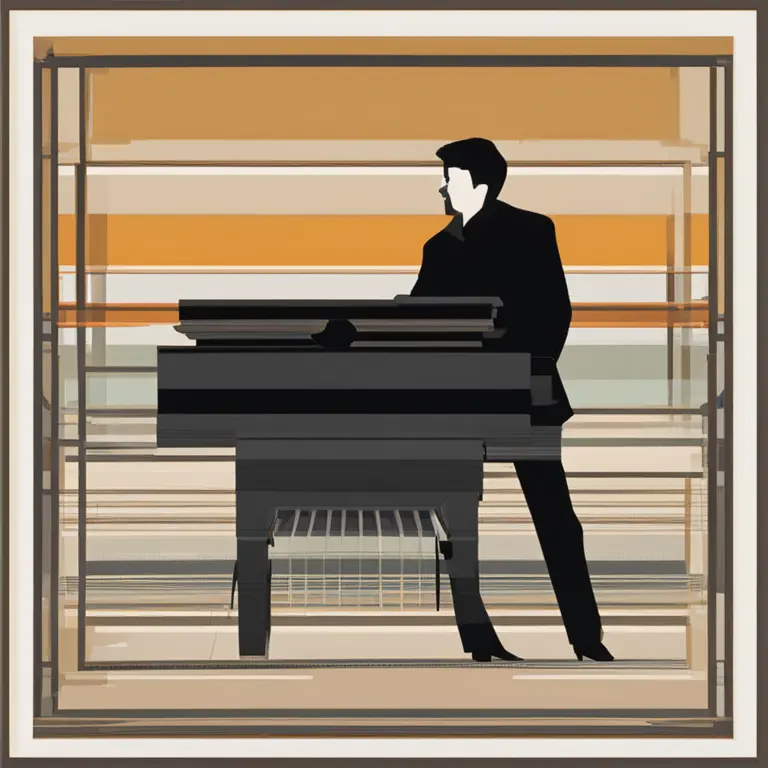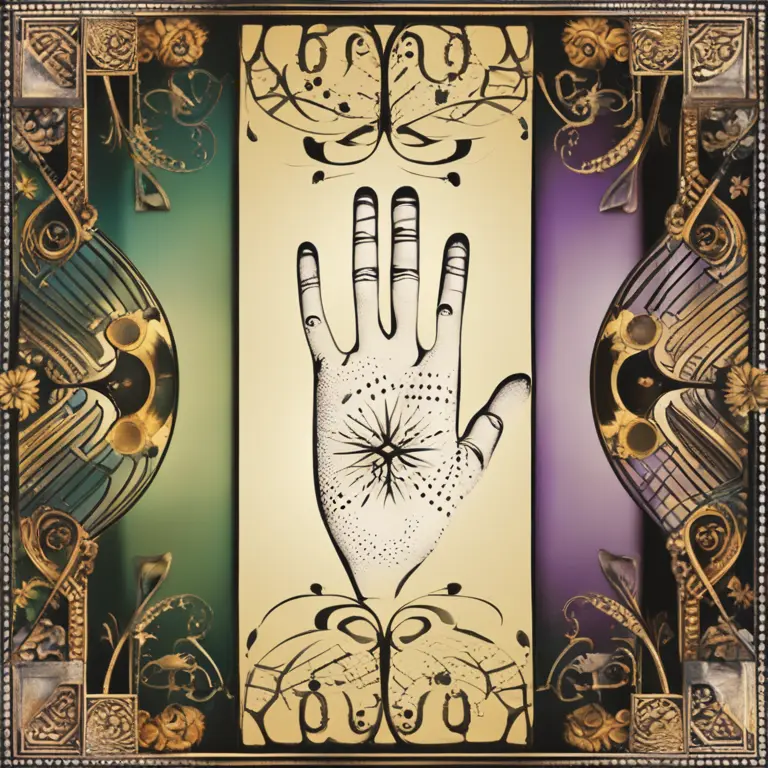
The Palm of Life: Which Hand Reveals Your Vital Line?
Discover which hand holds the key to interpreting your life line in palmistry and what insights it might offer into your path and vitality.
article by Nora Pennington
Your Lifeline: Left or Right?
The mystique of palmistry lies in the lines etched upon one’s hands, each telling a different story. Traditionally, in the art of palmistry, the dominant hand—typically the one you write with—is considered to represent the present and future, and the non-dominant hand is believed to reflect past life and inherited traits. Your life line, a prominent feature in palm reading, is no exception. To glean insights into your vitality, life path, and major lifestyle changes, examining the life line on your dominant hand is key, as it reveals the evolution of your life's journey.

Interpreting the Life Line
Envision your life line as an arc curling around the thumb. A clear, deep line suggests a robust and hearty life, while a faint or fragmented line might indicate challenges or varied energies. A long life line does not necessarily predict longevity but may imply strength and vitality. Conversely, a short life line might reflect a need to conserve energy and a propensity to become easily tired. Your life line also offers insights into pivotal events, with breaks or changes in the line hinting at significant life alterations.

Do Both Hands Matter?
Some schools of palmistry advocate reading both hands for a comprehensive understanding. For those interested in examining the impact of their lineage, the non-dominant hand can peer into inherited tendencies and the foundation of your individual narrative. Comparisons between the lines on both hands can reveal shifts and developments, enriching the narrative revealed solely through your dominant palm. Therefore, while the dominant hand's life line is the primary focus, the non-dominant hand can offer a prequel to your story.

Variations in Life Lines
In palm reading, variability is the norm, and life lines may present in multiple forms. Some individuals may find that their life line is chained, denoting a life filled with various obstacles that need to be overcome. Others might discover a fork at the end of their life line, possibly representing a significant decision point or a transformation period. There is also the rare occasion where an individual may not have a visible life line on one hand. Such cases invite deeper reflection and often point to an unconventional life path.
Palmistry in the Modern Era
In the context of our current knowledge, palmistry represents a fusion of age-old practices with contemporary interpretations. The life line, along with palmistry overall, is not scientifically proven and should be approached as a tool for self-reflection and entertainment rather than a definitive guide to one's destiny. However, the timeless appeal of palmistry endures, blending ancient wisdom with new-age spirituality, serving as an intriguing facet of holistic wellness practices that continue to captivate individuals worldwide in 2024 and beyond.
The Future of Palm Reading
While traditional palmistry has remained largely unchanged, the integration of modern technology has begun to open new avenues for this ancient practice. From apps that analyze hand photographs to online platforms for virtual palm readings, accessibility to palmistry has grown exponentially. As we look toward the future, the field may see further advancements in biometric analysis that could potentially enhance the precision of palm readings or offer novel ways to interpret the rich tapestry within our palms.
Published: 1/11/2024
Modified: 1/12/2024
More predictions
Come back here soon to learn more about yourself and your future


Can Palmistry Foresee One’s Demise?
Delve into the contentious debate about whether palmistry can predict the end of life and the ethical considerations of such a claim.


The Efficacy of Palmistry: Real Insight or Fancy?
Delve into the validity of palmistry as a form of divination. Is there a truth behind the lines on our palms, or is it just a charming fancy?


Palmistry Basics: How to Read Your Hand's Secrets
Learn the basics of palmistry with this guide on how to read the lines and shapes of your hands to reveal insights about your personality and future.